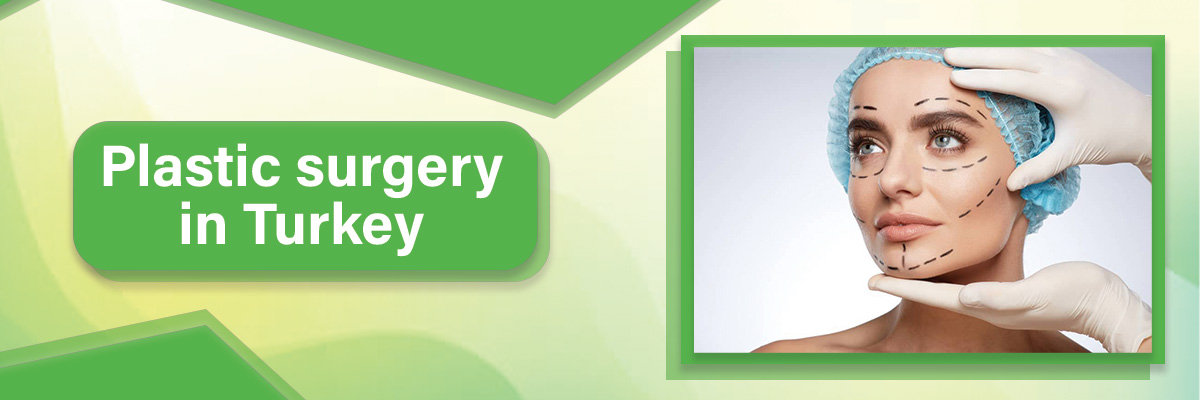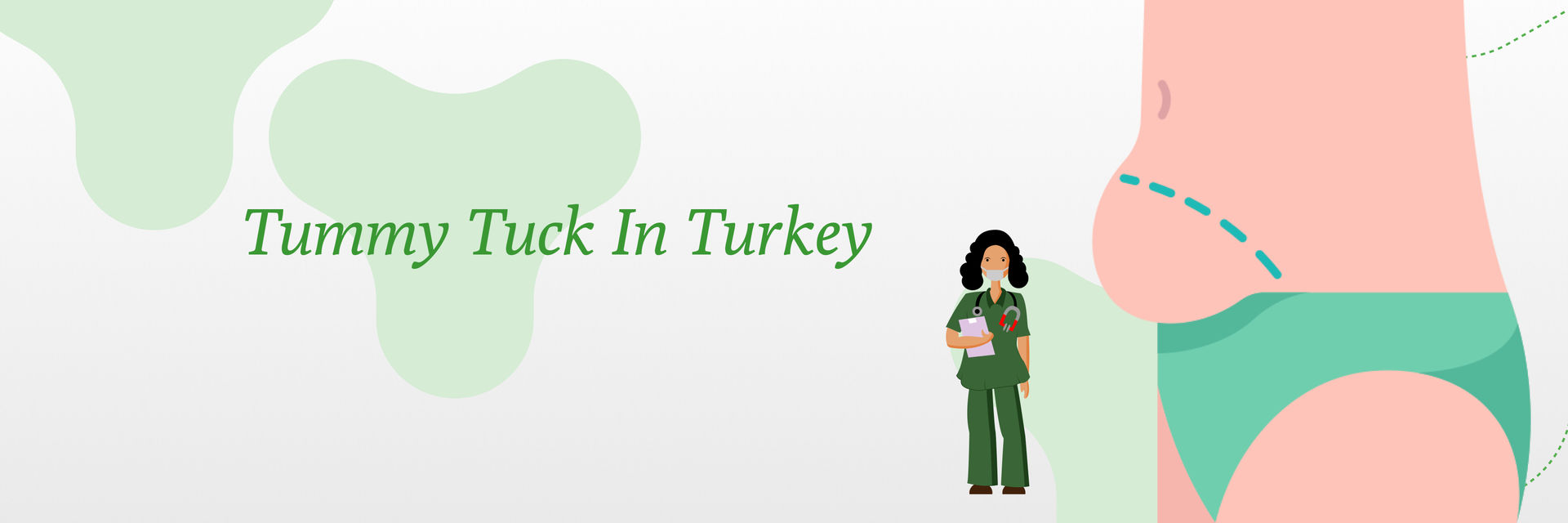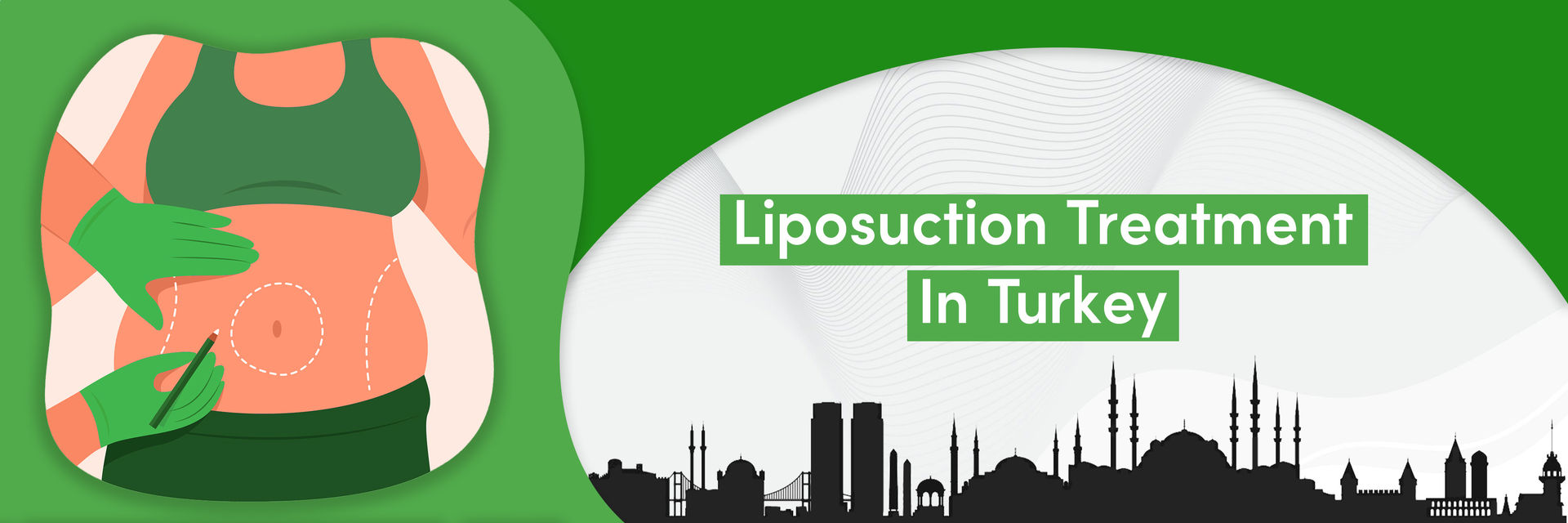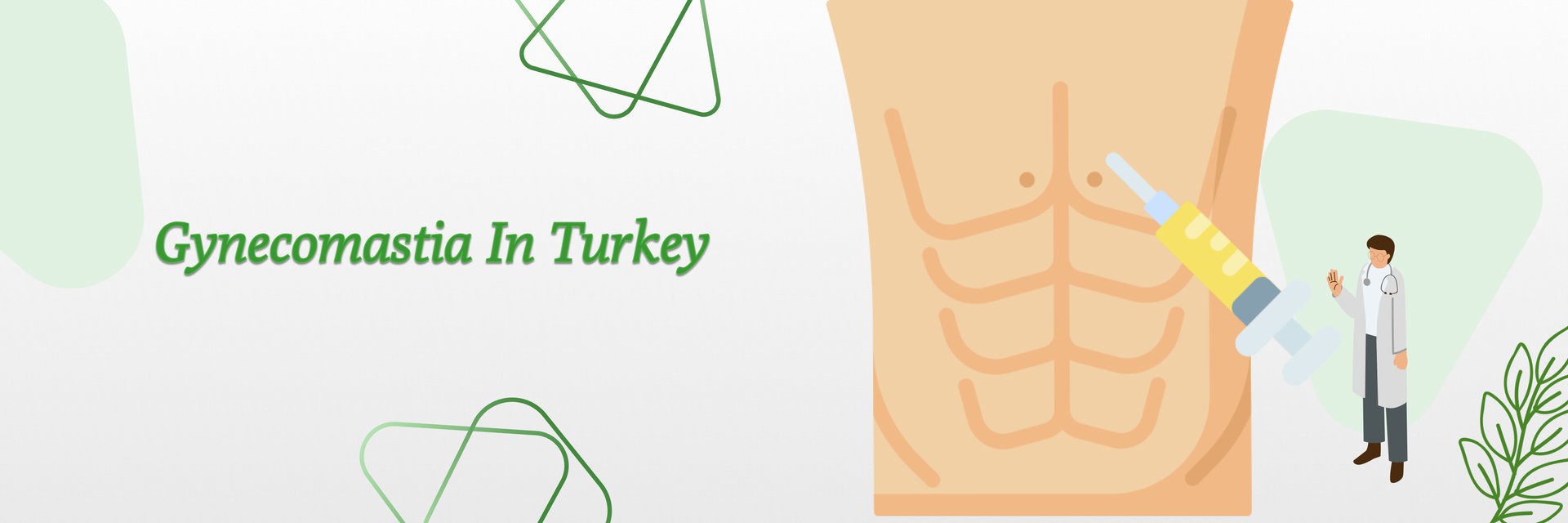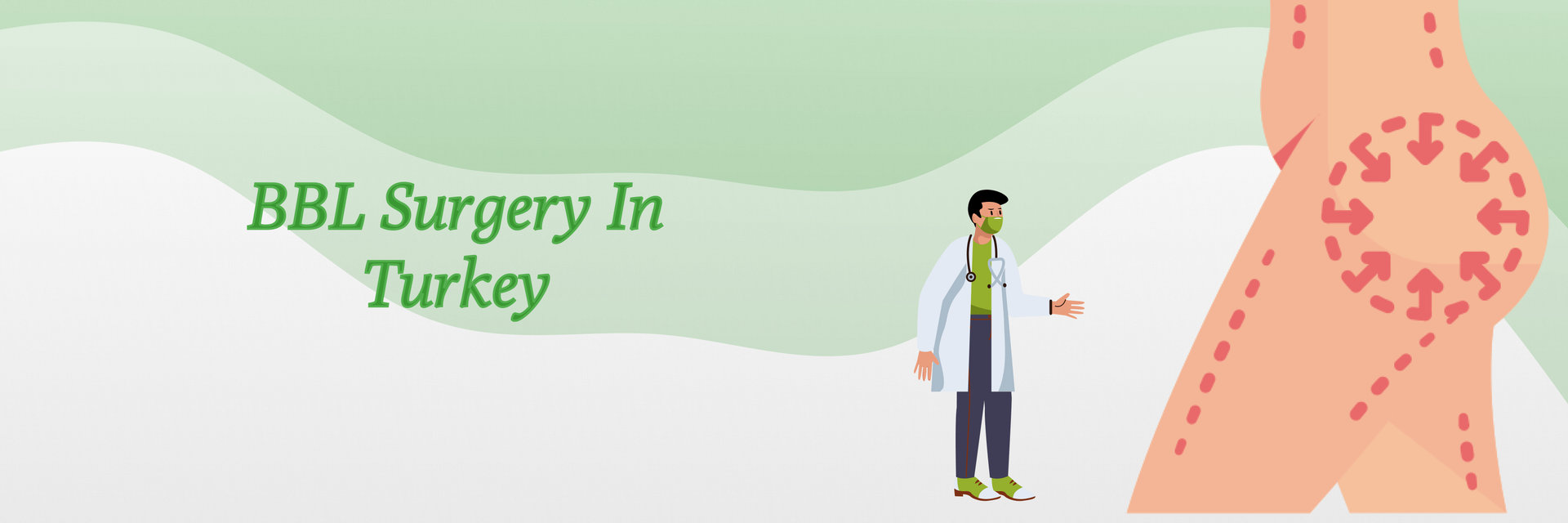When it comes to dermatology treatments or procedures that help reverse the effects of aging and deal with fine lines and wrinkles, Botox is surely leading the way. Botox is minimally invasive, and patients feel and look rejuvenated after a Botox. However, Botox also comes with its fair share of side effects, and one of the most common side effects of Botox is bruising, which occurs due to the face being full of thousands of tiny vessels of blood.
The point of Botox is to enhance your appearance and self-esteem, not to make you feel terrible. You might start to regret your decision to get Botox if you experience bruises following the procedure, but you must know that it is quite normal, and you can go for certain measures that can help you to get rid of the bruises after a Botox, or measures that can deal with the bruises soon after you get them.
In this article, we will talk about why and how bruises occur following a Botox, and talk about methods you can use to avoid or resolve post-botox bruises.
What is the Reason Behind Botox Bruising?
Blood extravasion, or blood spilling out of a vein or artery and into the tissue around it, is what causes Botox bruising. If the Botox needle were to inadvertently pierce a blood vessel, it could occur. Bruising can occur anytime, doesn’t matter if an experienced or novice medical practitioner is operating the procedure, as there are numerous blood vessels in the face, and they are really difficult to detect.
Other reasons behind blood extravasation might include-
How Long May It Last After You Get Botox Bruising?
Botox bruising often fades within a week or two. Based on the patient’s underlying physical characteristics and certain activities before or after the procedure, the bruising can show up right away or a day or two after the procedure.
How Can You Deal with the Botox Bruising?
There are a few measures you can take to prevent the bruising or keep it to a minimum. All of them are simple to use, free of charge, or cost really little. These measures include-
Refrain from Using Certain Supplements Prior to Supplements
One of the possible causes of post-Boto bruising is the use of over-the-counter vitamin and herbal supplements that affect the blood clotting time of the body, which can lead to bruising following Botox. These types of supplements include omega-3 fatty acids, St. John’s wort, fish oils, ginkgo biloba, garlic, turmeric, krill oil, green tea, flaxseed oils, and high-dose vitamin E. It’s best if you stop taking the supplements two weeks prior to the procedure. Also, make sure to consult with your medical practitioner before you stop taking the supplements.
Avoid Blood-Thinning Medications Before the Procedure
Most Botox injectors always advise patients to stop taking supplements or medications that might cause the blood to get thinner or reduce the blood’s ability to clot properly, as these two factors can both increase the risk of bruising. It’s important to remember that individuals who are dealing with medical issues that require anticoagulants should consult their doctor before receiving injectables.
Here are the blood-thinning medications that you should avoid before taking Botox-
- Clopidogrel
- Aspirin
- Non-Vitamin K-dependent oral anticoagulants
- Heparin
- Warfarin
- Non-steroidal anti-inflammatory medications like ibuprofen and naproxen
- Japanese Ginseng
- Wild Ginseng
Avoid Alcohol Intake Before and After Botox Procedure
Since alcohol acts as a vasodilator, it gets blood vessels to relax and opens up blood arteries. You will be more likely to get bruises following Botox if you consume even a little alcohol, such as a shot of hard liquor or even a glass of wine. But thankfully, the dilation effects of alcohol don’t last forever. If you want to reduce the risk of getting bruises, refrain from drinking alcohol 24 hours before and after the procedure.
Use Ice Packs
Many people use ice packs to reduce redness, swelling, and bruises. Blood vessels narrow down due to the ice, which slows down the flow of blood to the bruised area. So, to reduce the risk of bruising, you should apply ice packs both before and after the Botox treatment. Your doctor may also recommend applying ice packs before starting the procedure, as it is considered a standard procedure. You can also apply ice packs by yourself at home for 10 to 15 minutes per hour on the day of the procedure.
Use Light therapy
Red light therapy for face and bruises is in major discussions. You can use it while dealing with Botox bruises as well. You can easily use a light therapy device to take light therapy at home. After you get the bruises, just make sure to expose the bruised area to the strong red light from your light therapy device for some time, and the light will penetrate your skin and work on a cellular level to generate the necessary hormones and chemical actions to help you get rid of the bruises. Take the therapy for a few days to make sure the bruises are gone.
Avoid Working Out
Your blood flow and heart rate will increase following working out, and that’s what you want to avoid before or after a Botox procedure. Try not to do anything very vigorous at least 2 or 3 hours before the procedure and one full day following the procedure.
Try Taking Vitamin C
If you have vitamin C deficiency, you can be more prone to bruising after getting Botox. Take vitamin C supplements or eat foods rich in vitamin C before and after the treatment to increase your vitamin C intake. Foods rich in vitamin C include blackcurrants, citrus fruits, peppers, broccoli, etc.
You can also try eating pineapples, as enzymes found in high-citrus fruits like pineapples can help prevent bruising. Eat pineapples for two or three days after the procedure to help your cause.
Use Arnica Montana
Consider taking Arnica Montana, a natural remedy that can alleviate post-Botox bruises. You can either apply Arnica Montana directly to the affected area or consume it as a pill. If you want to take it a step further and avoid bruising after the therapy, your injector may suggest taking the supplement a few days beforehand.
Think About Using Anti-Bruising Supplements
If you are prone to bruising, taking anti-bruising supplements in the days before and following the procedure may help your blood vessels repair more quickly. Vitamin K can also alleviate bruising and swelling. Ask your doctor about which vitamin K supplements you can take. Take these at least five days before therapy or as your doctor prescribes.
You can also try taking bromelain pills to prevent bruises. Bromelain is an enzyme that is extracted from pineapple and is known to decrease swelling. It is widely available at health stores and supermarkets. Consult your doctor for precise dosing instructions and to avoid bruising after Botox.
Final Words
Bruising is a typical Botox side effect, and it typically goes away after a day or two. There are several things you can do to lessen the risk of bruising after getting Botox. You can easily choose one or more of the methods mentioned above to take preventive measures before Botox or to deal with it after the procedure. But make sure you and your doctor have discussed the best and safest method for you to prevent bruises before committing to any one approach.

